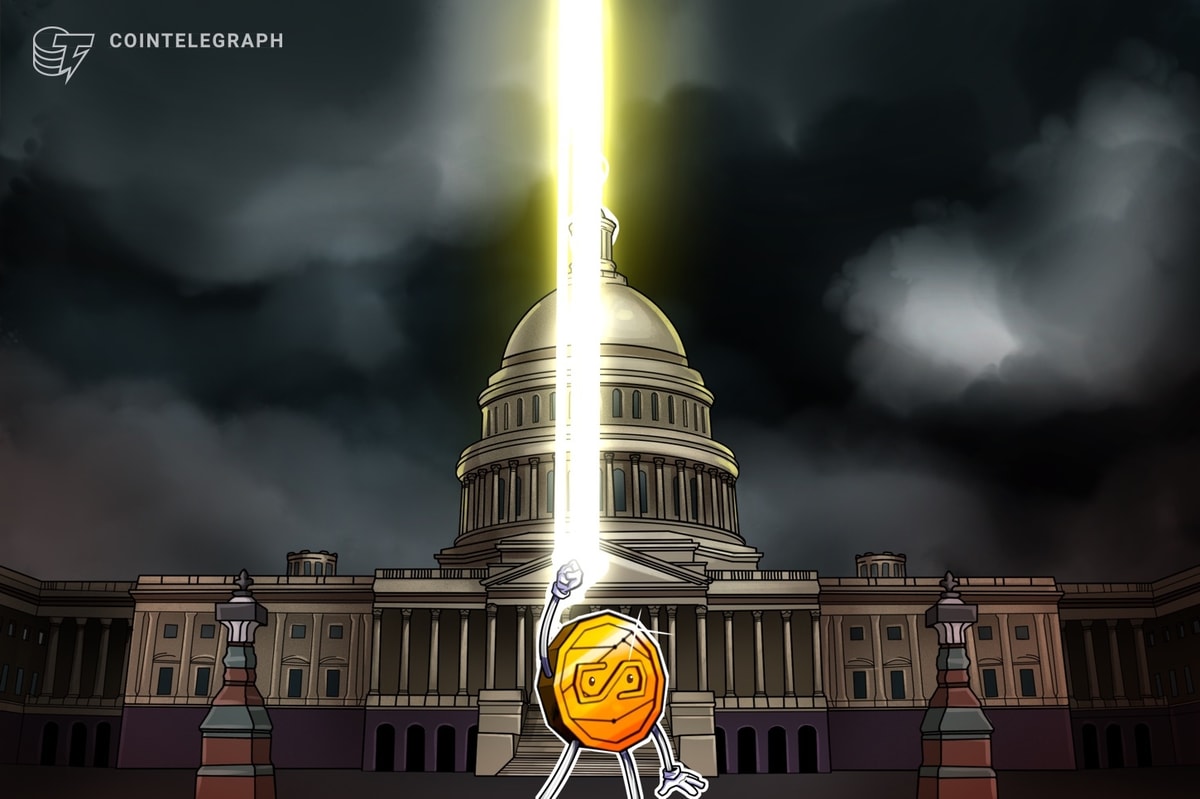A federal judge has ordered the United States Securities and Exchange Commission (SEC) to pay roughly $1.8 million in attorney and receivership fees related to the regulator’s civil case against Digital Licensing, the firm doing business as Debt Box.
In a May 28 filing in the U.S. District Court for the District of Utah, Judge Robert Shelby signed off on an order requiring the SEC to pay roughly $1 million for attorney fees and costs and $750,000 for receiver fees and costs. The order came the same day as one dismissing the case without prejudice.

The judge cited a March ruling in which a court found the SEC “engaged in bad faith conduct” over a temporary restraining order to freeze Debt Box’s assets. The firm later filed documents with the court claiming that the commission’s information was inaccurate, leading to the threat of sanctions.
The sanctions against the SEC required the commission to cover “all attorney fees and costs arising from the improvidently entered ex parte relief.” Judge Shelby essentially ruled that all costs requested by the defendants in the case were “appropriate,” except one $649 fee.
“This is a significant win for us,” said Debt Box in a May 28 X post. “It means that the SEC cannot proceed with the case as it stands.”
Related: US senators call SEC actions in Debt Box case ‘unconscionable’
The SEC lawsuit against Debt Box in July 2023 alleged the firm perpetrated an illegal $50 million crypto scheme. Since the company presented documents suggesting that the commission had made false statements and misrepresentations in attempting to obtain a temporary restraining order against the firm, many in the crypto space have cited it as an example of regulatory overreach.
The commission has ongoing lawsuits against several crypto firms, including Binance, Kraken, Ripple and Coinbase. Many lawmakers in the U.S. Congress have been pushing for regulatory clarity at the SEC over digital assets through legislation like the Financial Innovation and Technology for the 21st Century Act.
Magazine: Godzilla vs. Kong: SEC faces fierce battle against crypto’s legal firepower











